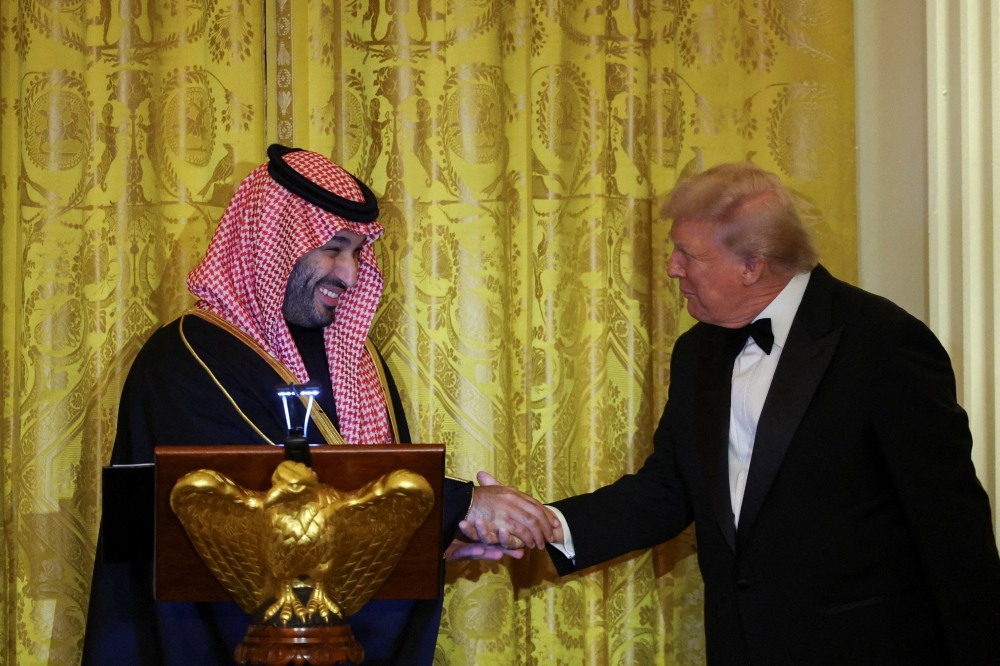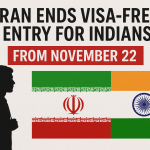In a pivotal statement that could reshape Middle East diplomacy, Saudi Crown Prince Mohammed bin Salman affirmed that normalising relations with Israel is possible—but only if there is a clear, guaranteed path toward Palestinian statehood.
Speaking alongside US President Donald Trump in the Oval Office, the Crown Prince emphasized that Riyadh is ready to join the Abraham Accords, provided the agreement upholds the core regional demand.
“We want to be part of the Abraham Accords. But we want also to be sure that we secure a clear path of a two-state solution,” the Crown Prince said, highlighting a message that resonates deeply across the Arab and Islamic world.
He noted that Saudi Arabia is committed to creating the conditions for a sustainable peace, adding:
“We’re going to work on that, to be sure that we can prepare the right situation as soon as possible.”
President Trump pressed further, describing the Crown Prince as having a strong positive outlook on the agreements. In response, Mohammed bin Salman reaffirmed the kingdom’s unwavering stance:
“We want peace for the Israelis. We want peace for the Palestinians. We want them to coexist peacefully in the region, and we will do our best to reach that date.”
A Strategic Shift With Global Implications
In 2020, the United Arab Emirates, Bahrain, and Morocco became the first Arab nations in decades to officially normalise relations with Israel under the Abraham Accords, a move celebrated by former President Trump and Israeli Prime Minister Benjamin Netanyahu.
But Saudi Arabia, home to Islam’s two holiest sites and the most influential voice in the Arab world, represents a far greater geopolitical milestone. Normalisation with Riyadh would mark one of the most significant diplomatic developments in modern Middle Eastern history.
Why Palestinian Statehood Remains Non-negotiable
While other regional players have moved ahead, Saudi Arabia maintains that a sovereign Palestinian state remains essential. This position stands in direct contrast to Israeli Prime Minister Benjamin Netanyahu’s long-standing resistance to the two-state solution.
Netanyahu’s ruling coalition, which includes far-right factions, not only rejects Palestinian statehood but advocates annexing the West Bank—further complicating the path toward peace.
As diplomatic pressure intensifies, Riyadh’s message is clear: lasting peace must be built on justice, coexistence, and the recognition of Palestinian national rights.








